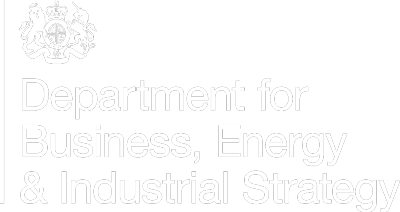Rocellaria dubia (Pennant, 1777)
Gastrochaenoidea : Gastrochaenidae |
| Tebble name: | Gastrochaena dubia (Pennant) |
| Smith & Heppell name: | Gastrochaena dubia (Pennant, 1777) |
Notes on Nomenclature
To size: To 25mm. Shell Structure: Thin, fragile. Equivalve: Equivalve. Equilateral: Inequilateral, beaks to the anterior. Outline: Skewed modioliform with large anterior ventral gape. Dorsal margin almost straight, posterior margin narrowly curved to a broadly curved ventral margin. Anterior ventral margin straight, leading to small curve beneath beaks. Gape runs for most of the ventral margin length to beneath the beaks.
Sculpture: Concentric ridges. Margin: Smooth. Ligament: Dark brown, external, half way to posterior margin. Hinge: No teeth present. Pallial Musculature: Very deep, almost to beneath beak. Periostracum: Light to dark brown. Colour: Greyish white.
Distribution & Ecology
Depth Range
Intertidal
Continental Shelf (to 200m)

Additional Information & Related Species
Related Species
Gastrochaenoidea : Gastrochaenidae
References
Listed are literature citing Rocellaria dubia (Pennant, 1777). Reference containing the species Type Description is highlighted.
|
Pennant T 1777. British Zoology vol.IV. Crustacea, Mollusca, Testacea London, B. White. 154pp, 93pls. |
Resources
- Conchological Society
of Great Britain & Ireland
Provides resources for understanding, identifying, recording, and conserving molluscs - CLEMAM
Check List of European Marine Mollusca - MarLIN
The Marine Life Information Network for Britain and Ireland (MarLIN) provides information for marine environmental management, protection and education. It is a centre of excellence in spatially based and time-series marine biological information and supports good stewardship in the marine environment. - NBN Gateway
National Biodiversity Network's Gateway. Use it to explore UK biodiversity data, as contributed by participating data providers. - BivAToL
- MarBEF
- Malacological Society
- Unitas Malacologica
- Census of Marine Life
- MarBEF
MarBEF, a network of excellence funded by the European Union and consisting of 94 European marine institutes, is a platform to integrate and disseminate knowledge and expertise on marine biodiversity, with links to researchers, industry, stakeholders and the general public.






